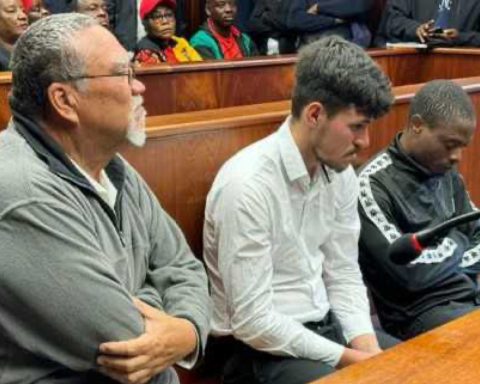An SA farm worker delivered a chilling testimony during a Limpopo trial, describing how he was forced to feed two women’s bodies to pigs. According to his account, the women had been caught collecting discarded food on a farm before being shot. He then received orders to drag their corpses into a pigsty under threat of violence.
This testimony has not only stunned the courtroom but has also sparked broader outrage. Many South Africans are now questioning how such acts could take place without detection for so long.
Three Suspects Face Serious Charges
The case involves three men the farm owner and two workers. All of them face charges of murder, attempted murder, possession of an unlicensed firearm, and obstruction of justice. One suspect also faces immigration-related offences.
The court heard that one of the women’s husbands narrowly escaped the scene after the shooting began. His survival added a new layer of urgency to the investigation and intensified public demand for justice.
SA Farm Worker Takes on Key Witness Role
The SA farm worker, who initially faced charges, is now cooperating fully with prosecutors. As a state witness, he may receive immunity if his testimony proves credible and instrumental in convicting the others. This development has significantly shifted the case.
Moreover, legal analysts believe his detailed account could establish a timeline and help verify forensic evidence. His cooperation is now central to the state’s argument.
Rural Violence Exposes Deep Inequality
The case has reignited national conversations about racial and economic inequalities in rural South Africa. Notably, it highlights the vulnerability of farm workers, who often live in poverty and fear reprisal when reporting abuse.
Political leaders, activists, and community members have filled the courtroom. Their presence reflects the emotional and symbolic weight this trial now carries.
In conclusion, the SA farm worker’s decision to testify may be pivotal, not just in court, but in raising awareness about rural injustice. His voice has cut through silence, calling attention to urgent reforms long overdue.




